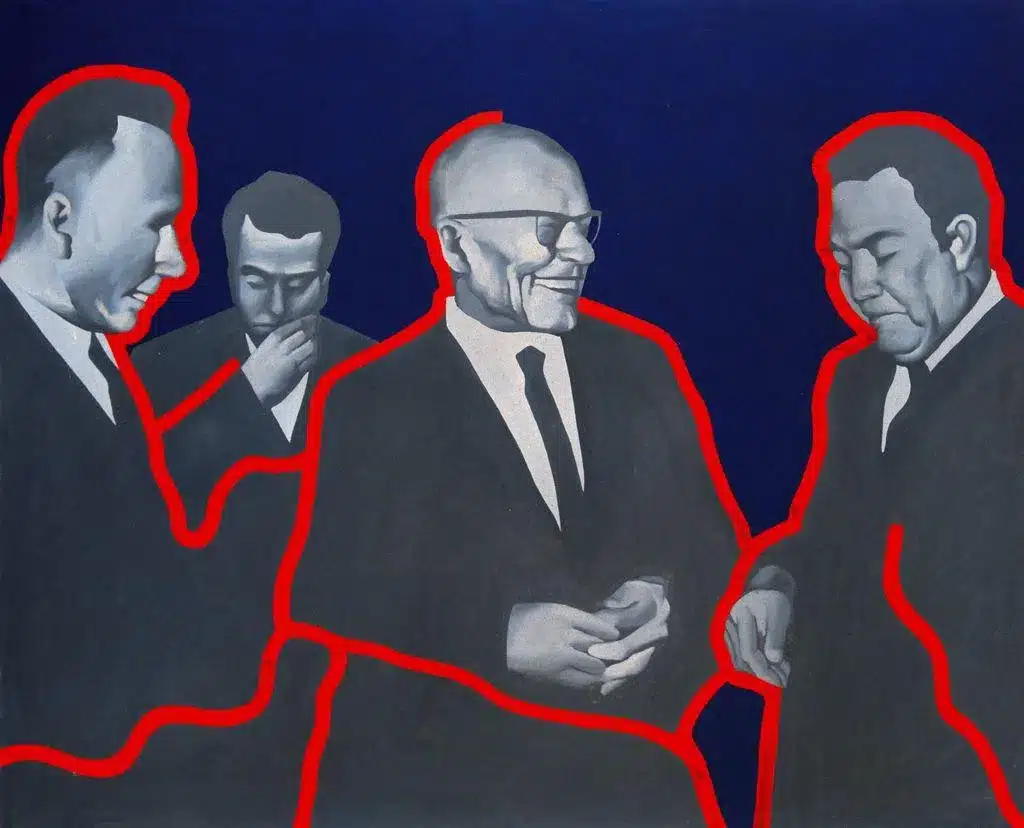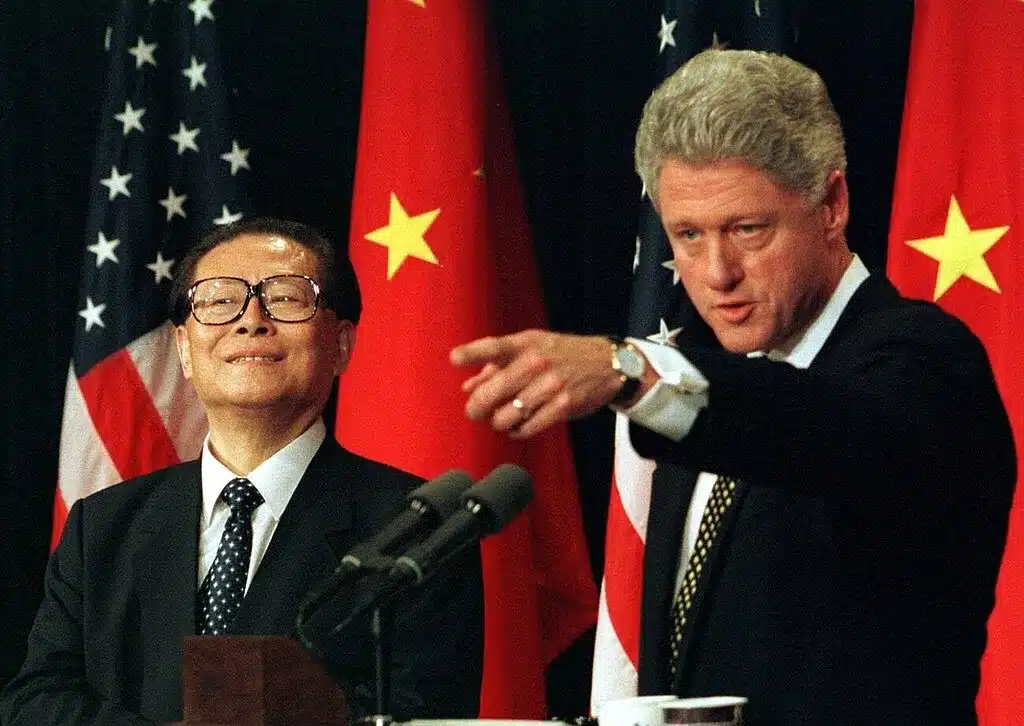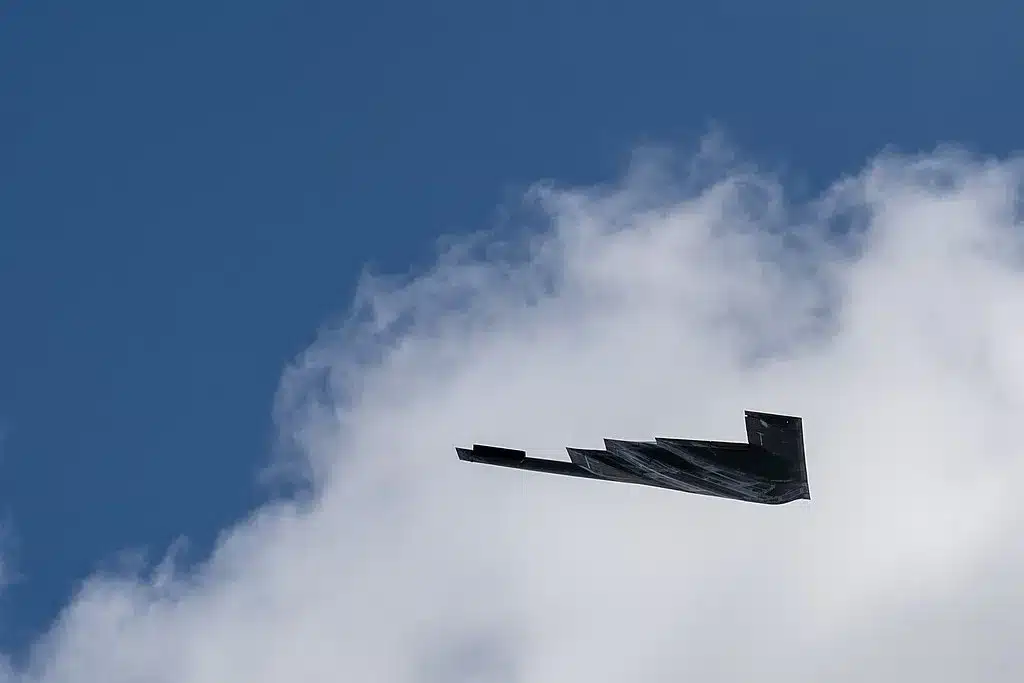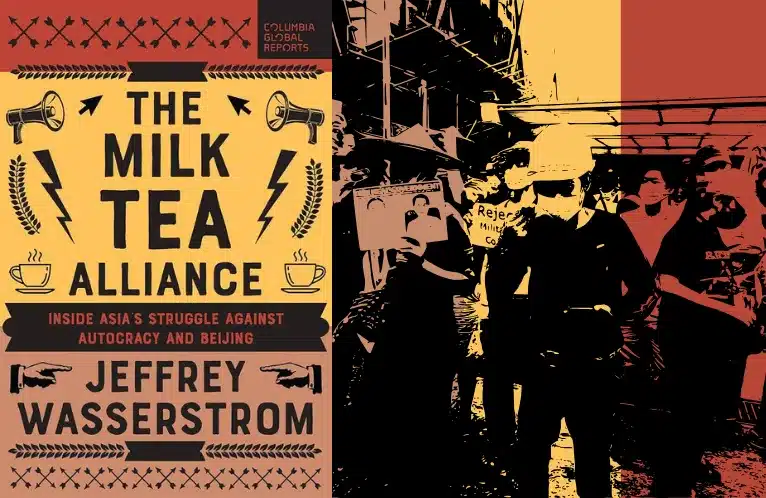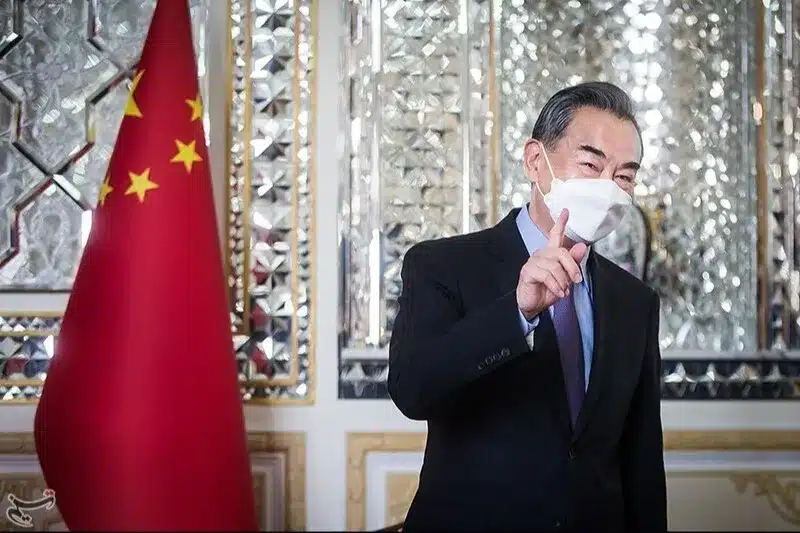Hong Kong’s Legislative Council Elections Bring to Light Tensions with the Mainland
With Hong Kong’s Legislative Council (LegCo) elections coming up on September 4th, Hong Kong is witnessing levels of dissent from its citizenry regarding the government’s election process similar to those experienced during the Umbrella Revolution in 2014, which were a series of sit-in protests among the city’s busiest districts over a three month period. Many are demanding higher levels of autonomy on the sociopolitical front. Some are going even further and proposing a full-scale separation from the Mainland.
Comprised of 70 members, the LegCo, which is effectively the parliament, has the ability to check the power of the Chief Executive among other lawmaking privileges. Additionally, in conjunction with the Election Committee (1,200 members) as well as HK deputies from the National People’s Congress of China, chosen members from the LegCo will also be given voting power in the Chief Executive election. The implications for the Chief Executive election in 2017 are undoubtedly understood by local political activists who are desperately keen to reshape the city’s political landscape and maintain its autonomy. 35 of the members are elected from various geographical constituencies (GCs) through direct democracy, and 30 members are elected from functional constituencies (FCs) through special interest groups and pro-Beijing bodies. The remaining five seats, known as “super seats,” are filled by members of the District Council. The controversy lies in the fact that the total electorate for FCs is around 240,000 electors, and they are given the power to vote in 30 members, whereas the total electorate for GCs, which is around 3 million voters, can only vote in 35 members to the LegCo.
Much of the pro-separatist movement is led by the younger demographic of the population; one of its prominent figures is founder and leader of the political party Hong Kong Indigenous, Edward Leung. Initially openly critical of China’s involvement in Hong Kong’s election process, he eventually tempered his words and departed, at least ostensibly, from his controversial stance in a bid to secure eligibility for a spot in the LegCo. However, on August 2nd, Leung was officially disqualified from running, despite having signed an election form stating that Hong Kong is an “inalienable part of China.” He is one of six candidates who has now been disqualified from the election for harboring strong “localist” and pro-independence sentiment.
China is extremely wary of the potential damage figures like Leung, who blatantly rejects the aims of the Party, can cause if they are elected into positions of power, wielding their political influence from within and effecting policymaking. So while there is a wave of anti-establishment currently sweeping the globe, it is unlikely that the Chinese government will budge on this issue. Officials are aware of the dangerous precedent yielding to the demands of HK locals will set in the context of Taiwan reunification and the “One Country, Two Systems” model. China will also take comfort in the knowledge that drastic socioeconomic and political ramifications mean that there is too much at stake for Hong Kong to even consider succumbing to the wishes of the disgruntled faction of its population, which is a reality that is most certainly not lost on the HK administration. Worryingly for the pro-independence brigade, they are receiving no backing from the HK government. The administration has not only come out in support of China’s decision to disqualify them, but have also mandated candidates to acknowledge the inseparable relationship between HK and China. This has led to protestors and pro-independence candidates feeling ostracized and rejected. It therefore comes as no surprise to learn that many of them have declared they will abstain from voting on September 4th.
In light of the recent Brexit referendum that has stunned Europe and the fervent support received by Republican nominee Donald Trump from the ethno-nationalist faction of the American population, the rise of nationalist sentiment and anti-globalization in the West has become increasingly prevalent; the idea of a nation-state is experiencing a revival. Criticisms towards free trade, unfettered immigration, and the perceived loss of distinct national identity, are creating political dilemmas that have long been abandoned, as evidenced by the surge in popularity of far-right nationalist political candidates in Europe and the United States. This phenomenon does not look like it will impact geopolitics in the Far East for now, though; hopes for a HK city-state have never seemed so distant. Nevertheless, the context of this election is interesting because it positions the ever-growing independence movement in HK right at the forefront in direct opposition to the Chinese government.
By Adrian Lo


